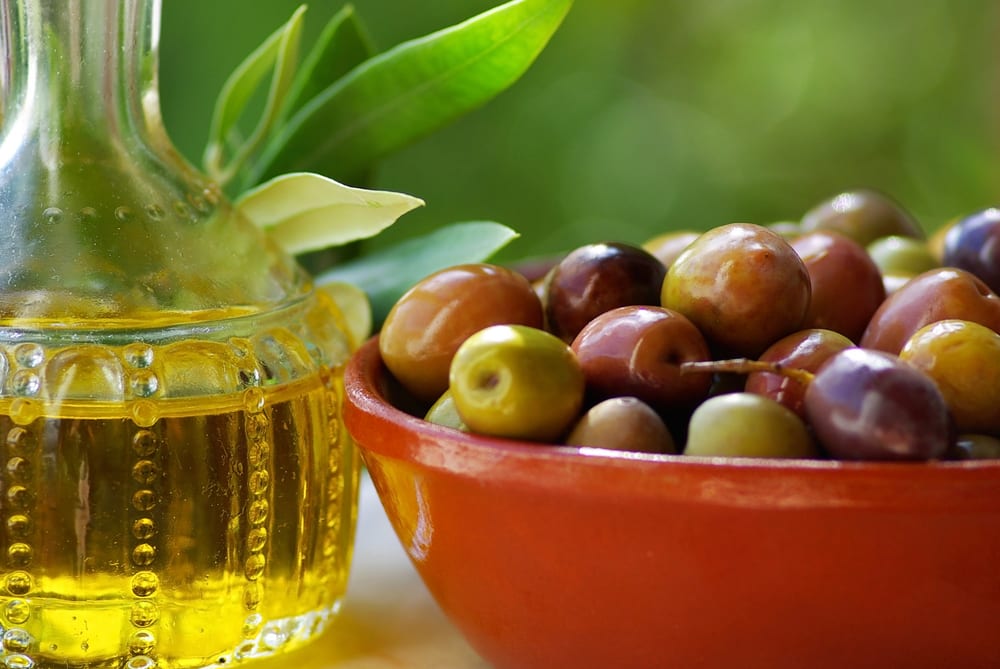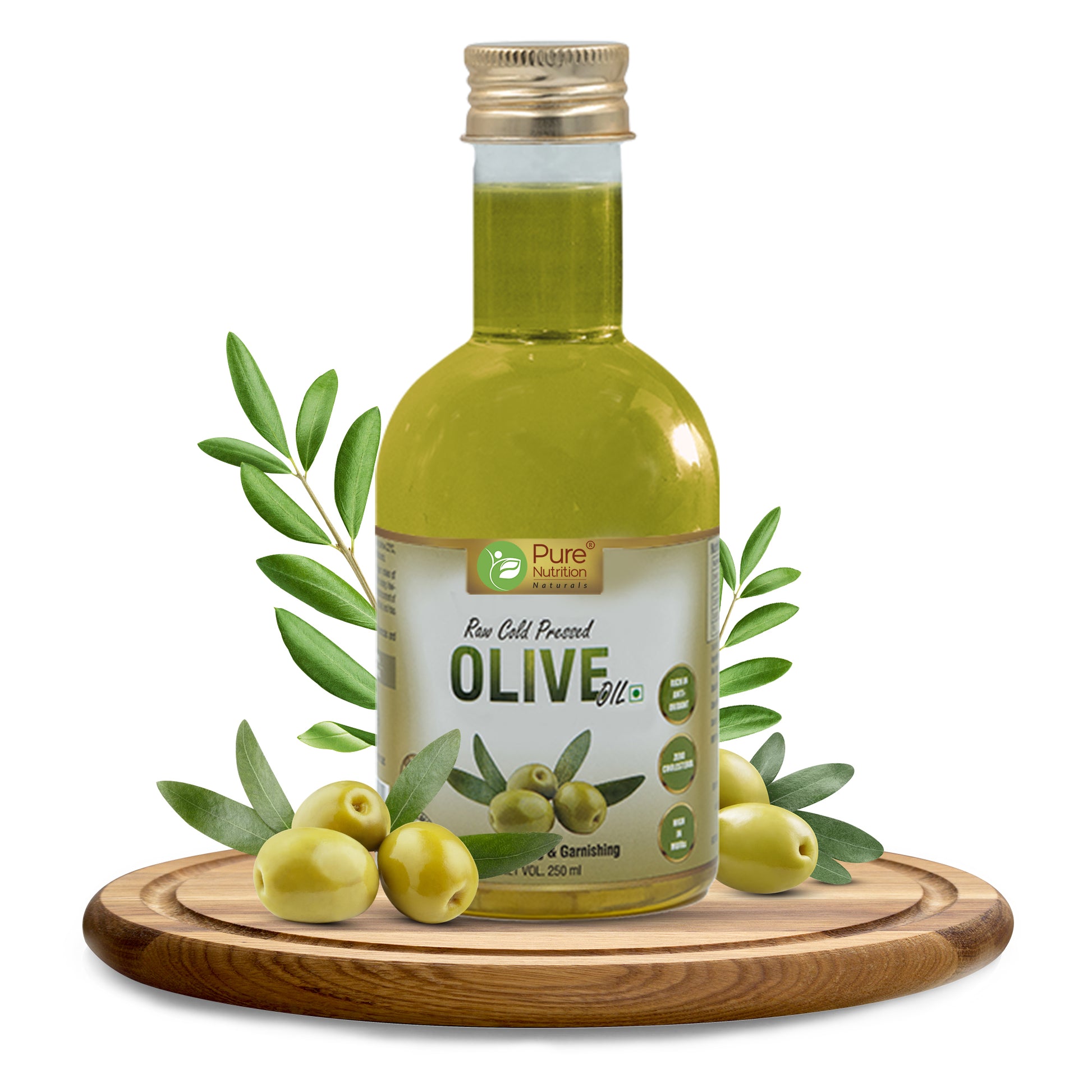Discover the Incredible Extra Virgin Olive Oil Benefits for Skin Health
Discover the Incredible Extra Virgin Olive Oil Benefits for Skin Health
Blog Article
Checking Out the Different Sorts Of Olive Oil and Their Usages, Consisting Of Additional Virgin Olive Oil
The expedition of olive oil incorporates a varied series of kinds, each offering cooking applications and unique flavors. Bonus virgin olive oil, renowned for its exceptional high quality and health and wellness benefits, functions as a staple in several kitchens, yet it is just one facet of this complex component. extra virgin olive oil benefits. Other selections, such as pure and polished olive oils, likewise call for attention for their unique residential properties and uses. Comprehending these differences can significantly impact both food preparation strategies and flavor accounts. What, then, should one take into consideration when choosing the appropriate olive oil for a certain culinary venture?
What Is Olive Oil?
Originated from the fruit of the olive tree, olive oil is a staple in Mediterranean cuisine and a vital active ingredient in numerous cooking applications. This versatile oil is created by pushing entire olives, leading to a liquid that differs in fragrance, color, and flavor depending on the kind of olives made use of, the region of growing, and the removal process. Olive oil is primarily made up of monounsaturated fats, specifically oleic acid, which is understood for its prospective health benefits, including anti-inflammatory properties and cardiovascular support.
In enhancement to its culinary uses, olive oil has a lengthy background of application in conventional medication and skincare, owing to its rich antioxidant web content (extra virgin olive oil benefits). The oil is often made use of in dressings, marinates, and for cooking methods such as sautéing and roasting. Its distinct flavor account can improve the preference of numerous dishes, making it a vital active ingredient for both home chefs and specialist cooks
Furthermore, olive oil is celebrated for its role in the Mediterranean diet regimen, which is connected with countless wellness advantages. As recognition of these advantages expands, olive oil proceeds to get appeal worldwide as an essential component of a healthy way of life.
Kinds Of Olive Oil
Recognizing the different types of olive oil is vital for both cooking enthusiasts and health-conscious customers. Olive oil is classified largely based on its extraction approach and top quality, which dramatically influences its flavor, health, and fragrance advantages.

Light olive oil, despite its name, refers to a lighter taste and not lower calories. It is ideal for those seeking a much more subtle taste in dressings and marinates. Additionally, there are flavorful olive oils instilled with natural herbs, seasonings, or citrus, which can improve meals without the demand for additional spices.
Each type of olive oil serves specific culinary purposes, and recognizing these distinctions permits consumers to make informed options that straighten with their cooking designs and health and wellness goals.
Additional Virgin Olive Oil
Additional virgin olive oil (EVOO) is widely considered as the highest top quality olive oil available, celebrated for its abundant flavor and countless wellness advantages. To be identified as additional virgin, the oil has to be produced from fresh olives making use of mechanical procedures, without the usage of solvents or too much warm. This meticulous method maintains the oil's natural flavors, anti-oxidants, and healthy and balanced fats, causing an item with a low acidity degree of less than 0.8%.
EVOO is bountiful in monounsaturated fats, specifically oleic acid, which is connected to reduced swelling and improved heart health and wellness. It also includes polyphenols, effective anti-oxidants that may provide protective impacts versus chronic diseases. The taste profile of EVOO can differ considerably depending on the olive variety and area of manufacturing, ranging from grassy and fruity to robust and peppery.

Culinary Uses of Olive Oil

In food preparation, olive oil can be used for sautéing, toasting, and cooking, providing a healthier alternative to butter or other fats. Its high smoke factor makes it appropriate for various cooking approaches, while its anti-oxidants add to a heart-healthy diet. Showering olive oil over finished recipes, such as pasta, fish, or barbequed veggies, can raise tastes and include a touch of elegance.
In addition, olive oil plays a substantial role in cooking, where it can change conventional fats in dishes for bread and breads, giving moisture and a refined preference. It additionally functions as a base for instilled oils, enabling cooks to explore flavors such as garlic, natural herbs, or chili, additionally increasing its culinary potential. Generally, olive oil's adaptability makes it crucial in both home and professional cooking areas.
Picking High Quality Olive Oil
When selecting high quality olive oil, it's vital to consider several crucial variables that influence the product's health, scent, and taste advantages. Choose for additional virgin olive oil (EVOO), which is acquired from the very first cold pushing of olives and consists of the highest degrees of anti-oxidants and useful substances. Seek oils that are certified by recognized companies, as this usually ensures adherence to stringent high quality requirements.
The packaging also plays a significant duty in protecting the oil's stability. Select oils kept in dark glass containers or tins to shield against light deterioration. Pay interest to the harvest day; fresher oils use premium taste and nutritional value, so select items that are within 18 months of their harvest.
Additionally, think about the beginning of the oil. High-grade olive oils frequently come from certain areas understood for their unique taste accounts, such as Italian, Spanish, or Greek oils. Finally, understand the preference; a top quality olive oil should have an equilibrium of fruity, bitter, and peppery notes, indicating its richness and intricacy. By assessing these variables, you can ensure you are selecting the most effective olive oil for your cooking requirements.
Final Thought
In recap, the expedition of different kinds of olive oil discloses unique characteristics and applications, with additional virgin olive oil standing for the pinnacle of high quality due to its reduced level of acidity and high antioxidant web content. Its convenience in cooking usages improves advice tastes in dressings, sauces, and sprinkles. Understanding the different selections of olive oil enables informed choices in food preparation approaches, advertising much healthier methods while improving the overall gastronomic experience. Quality option stays important for optimal benefits.
Acquired from the fruit of the olive tree, olive oil is a staple in Mediterranean food and a vital active ingredient in different culinary applications.The most usual types of olive oil include fine-tuned olive oil, pure olive oil, and light olive oil.Bonus virgin olive oil (EVOO) is extensively concerned as the greatest top quality olive oil available, popular for its rich flavor and many health benefits. Opt for extra virgin olive oil (EVOO), which is obtained from the first cold pressing of olives and has the highest possible degrees of antioxidants and useful compounds.In summary, the exploration of different kinds of olive oil discloses distinctive characteristics and applications, with extra virgin olive oil standing for the peak of high quality due to its reduced level of acidity and high antioxidant content.
Report this page